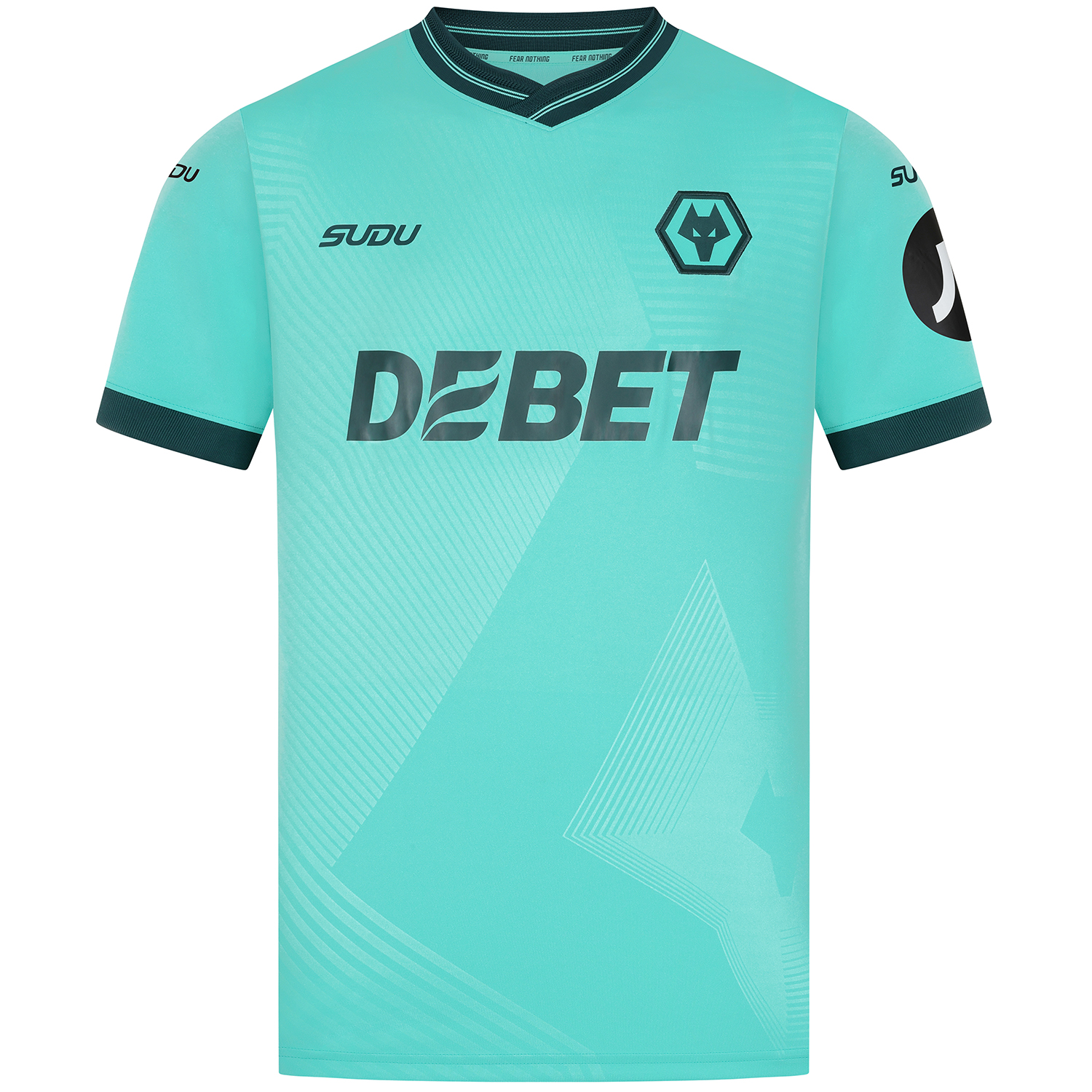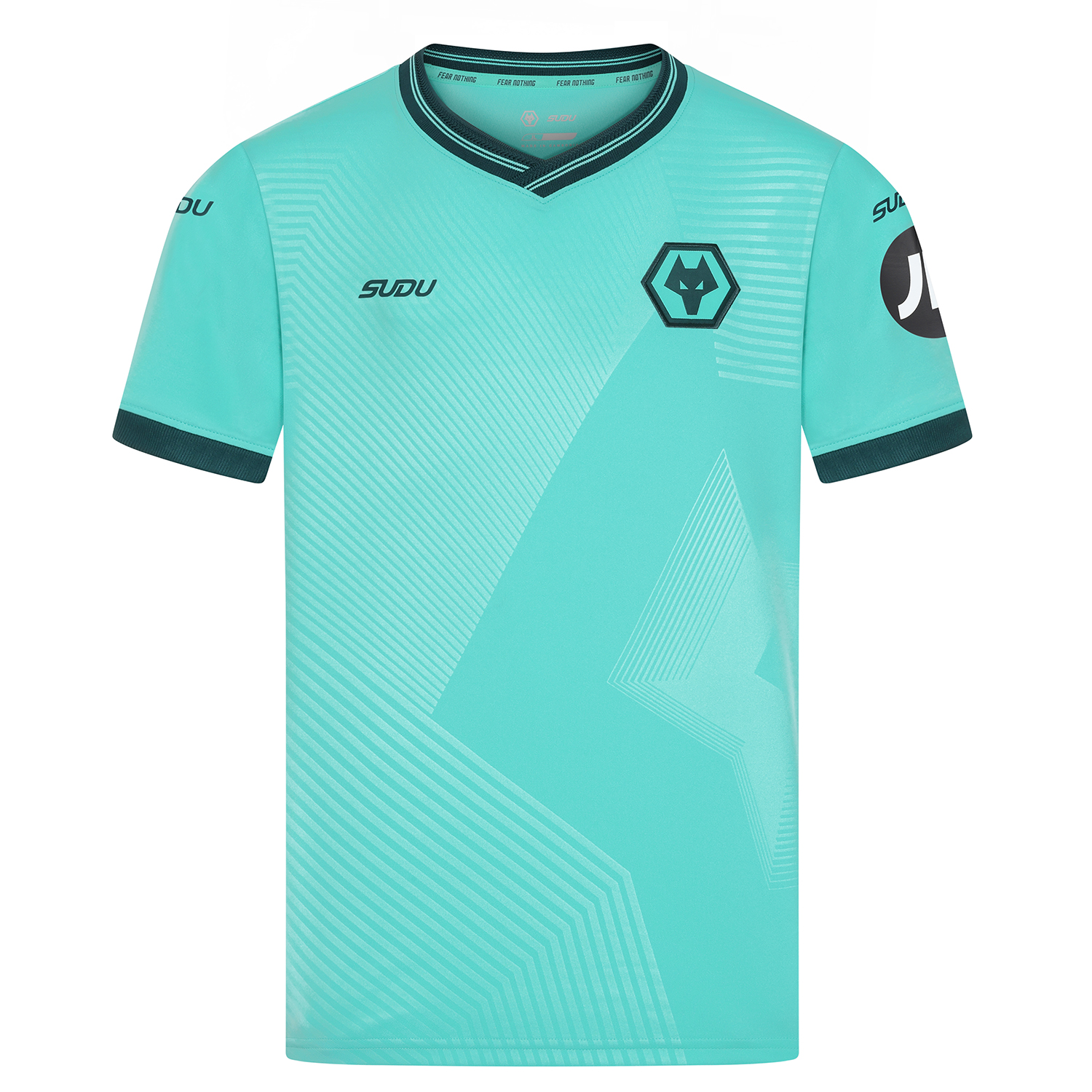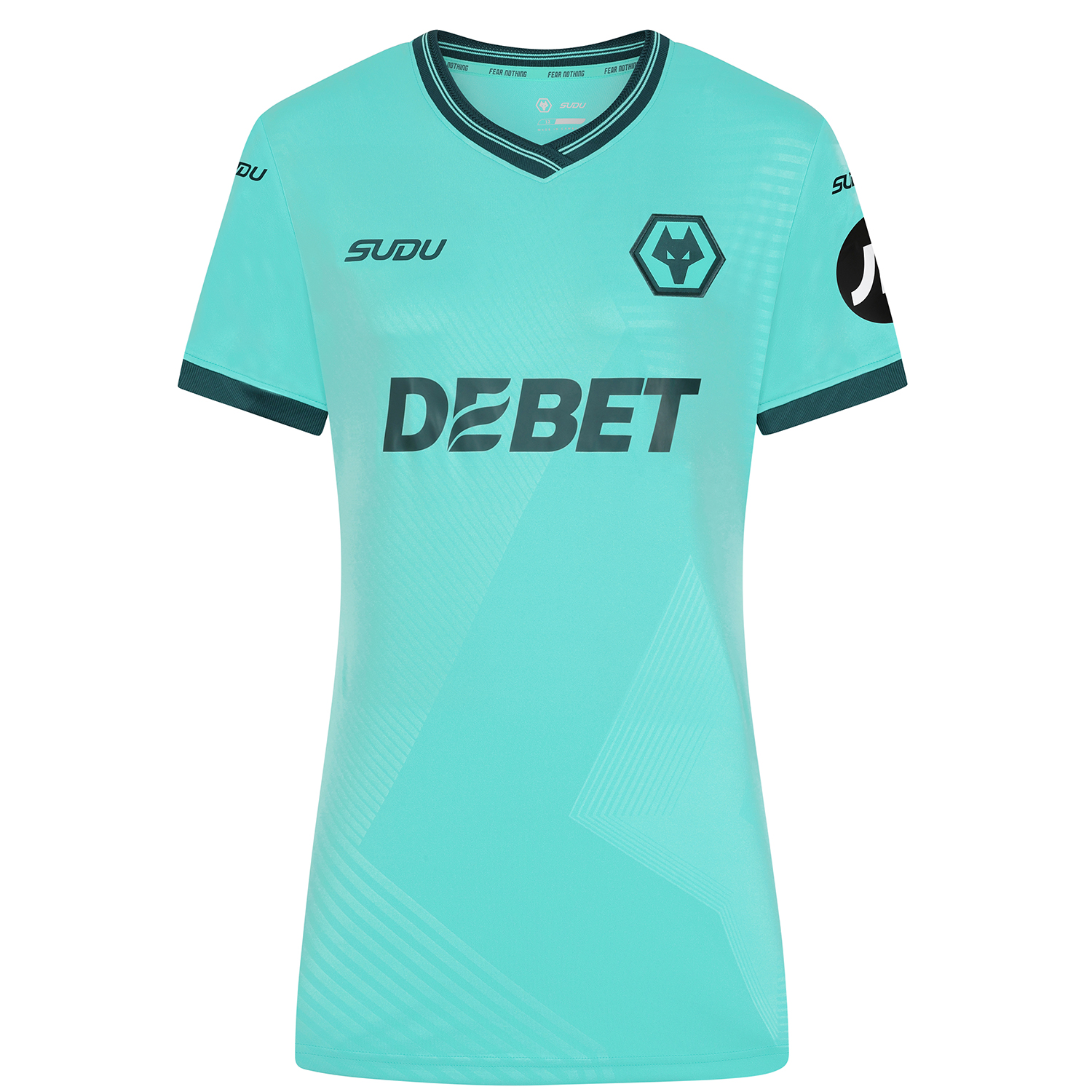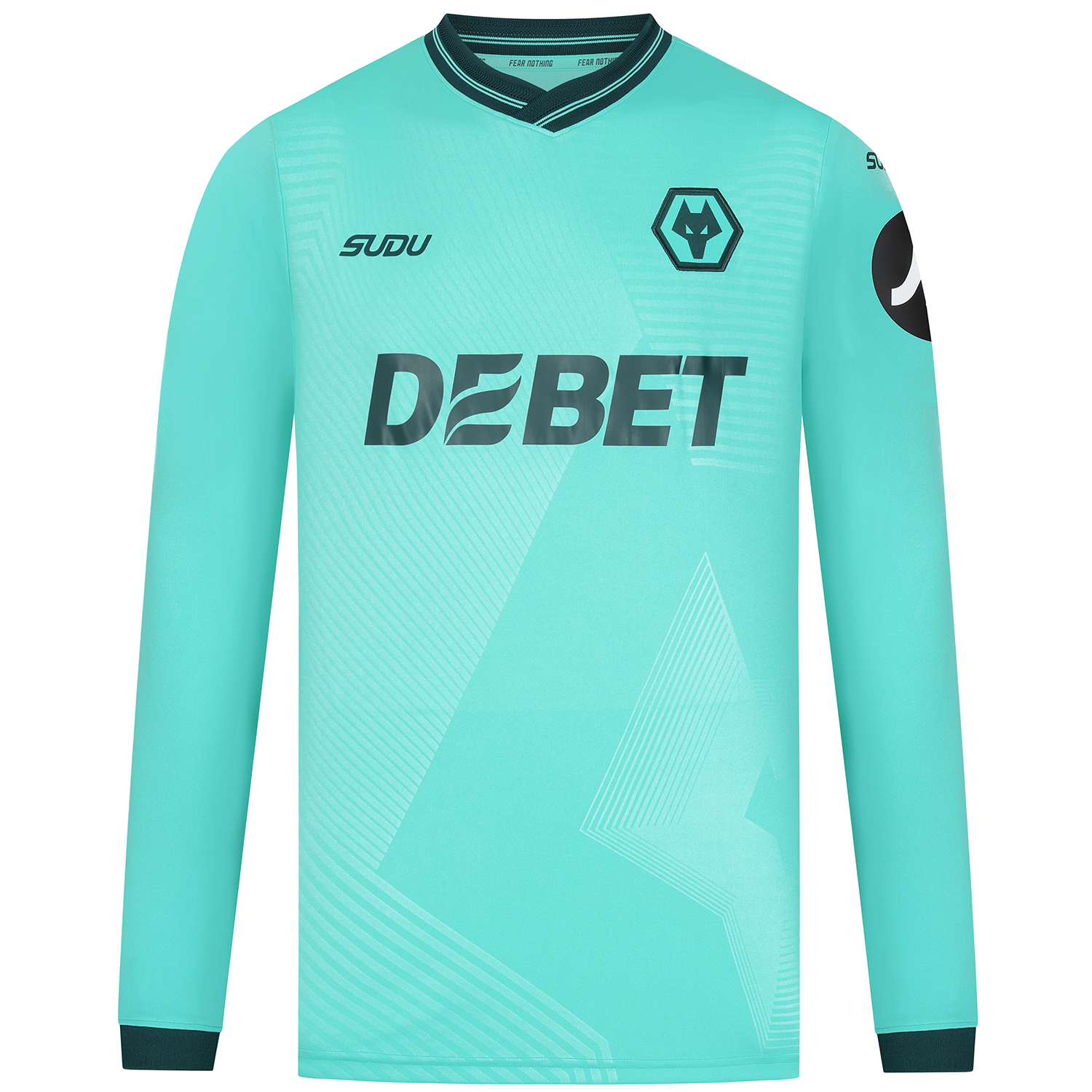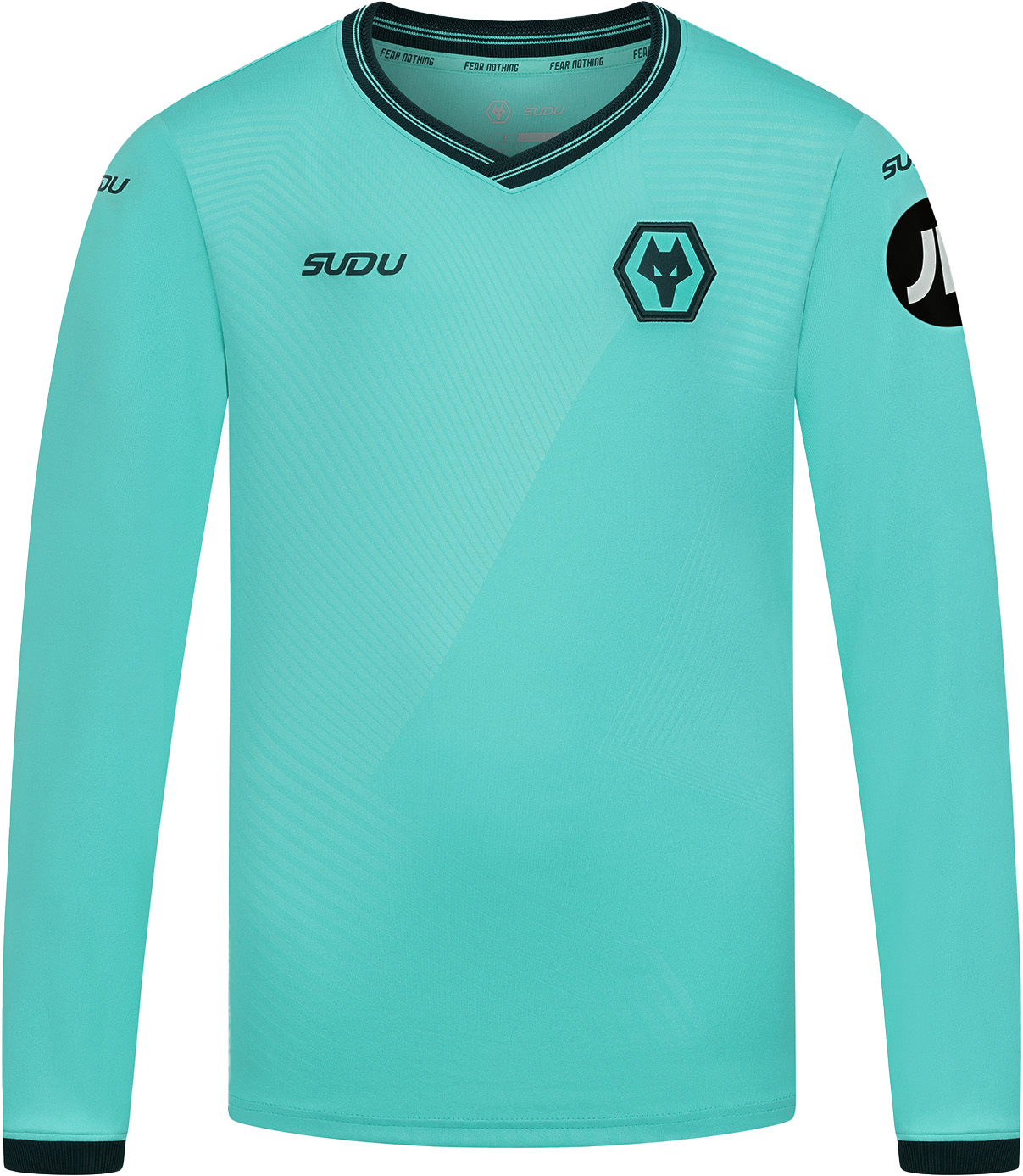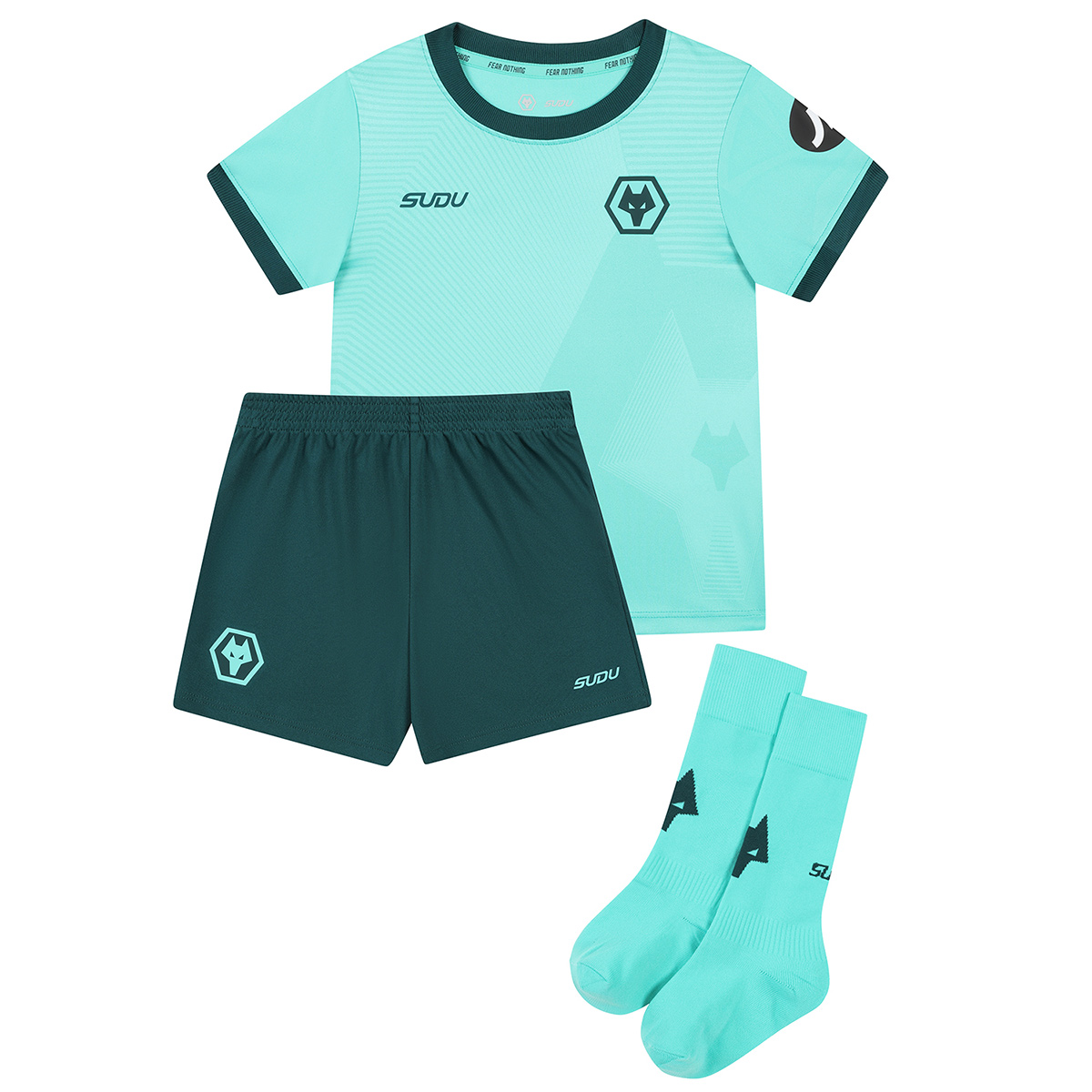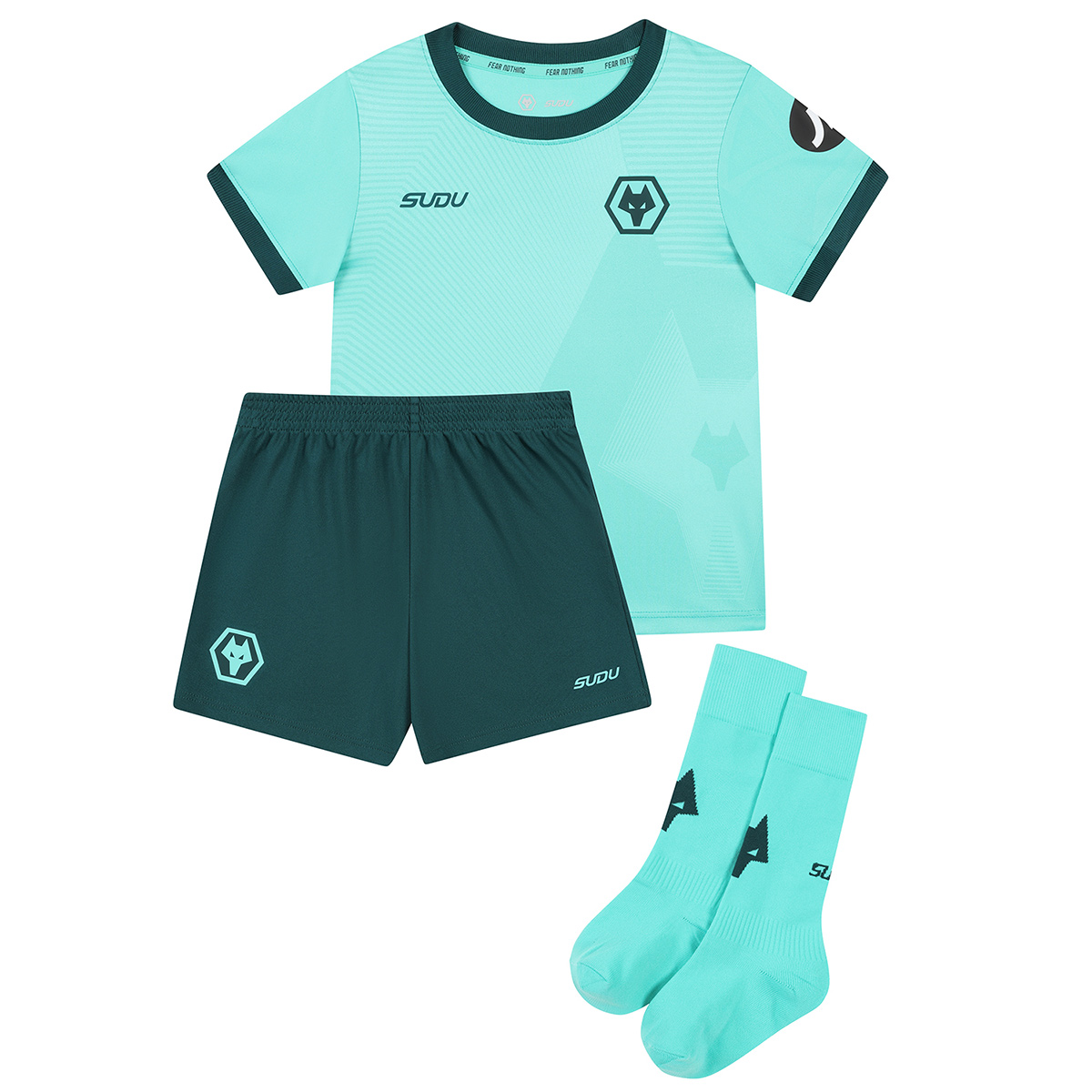Former Wolves goalkeeper and play-off final hero Matt Murray talks about life after football once he had hung up his boots.
When did you know your time was up?
I’d had lots of injuries before, but when I was lying on a stretcher at MK Dons away while I was on loan to Hereford, it felt like that was the worst one ever. My ex-wife was pregnant with our second child, my landlord who I’d known for so many years had just suffered a stroke and my nan was in hospital about to pass away – it was the maddest time of my life. I had every emotion going through my head. I went to see the specialist and they said, ‘You’ve got two kids now, you’re 29 years of age, you’ve had two operations, you’ve had all the injections – if you want to be able to walk around and have a life with your kids, I recommend you call it a day’.
How did you feel after retiring?
Although I knew it was coming, when I got told I cried, and I cried, because my career was over and I was scared. But I also cried because it was just a relief that I hadn’t quit, someone told me I needed to stop, and it was a relief that I didn’t have to go through it again. It was difficult though, because playing football was all I’d ever known. From nine years old all I’d ever done was go to Wolves, train at this time, eat at this time, your day off was then and you’ll play there. You’re under a contract, you’re going to get paid that, and what has been your identity for 20 years, as a footballer, you’re no more. Suddenly, you’ve got to try and forge a new career. I was only 29, and you always think you’re going to play at least till your 35, and a lot of my mates were in their prime – Robbie Keane, Joleon, Lee Naylor, they were all winning trophies, winning Premier Leagues, playing in FA Cup finals, playing for their countries and I was jealous and envious because I was done.
How did you replace football in your life?
As soon as it was over, your brain switches to, ‘What am I going to do next?’ I spoke with Wolves, I spoke with family and tried to come up with a solution. Wolves were really good and they offered me an ambassador role and saw out my contract. Then I approached Sky, I tried coaching, and because Wolves looked after me financially, it brought me the time to do that. I work really hard in what I’m doing now, advising young footballers, doing media work, and I’m blessed to still be in football, but I find the work/life balance the hardest thing. I love what I do, but when you’re a footballer on a four/five-year contract, there’s no better job in the world – it’s the perfect job.
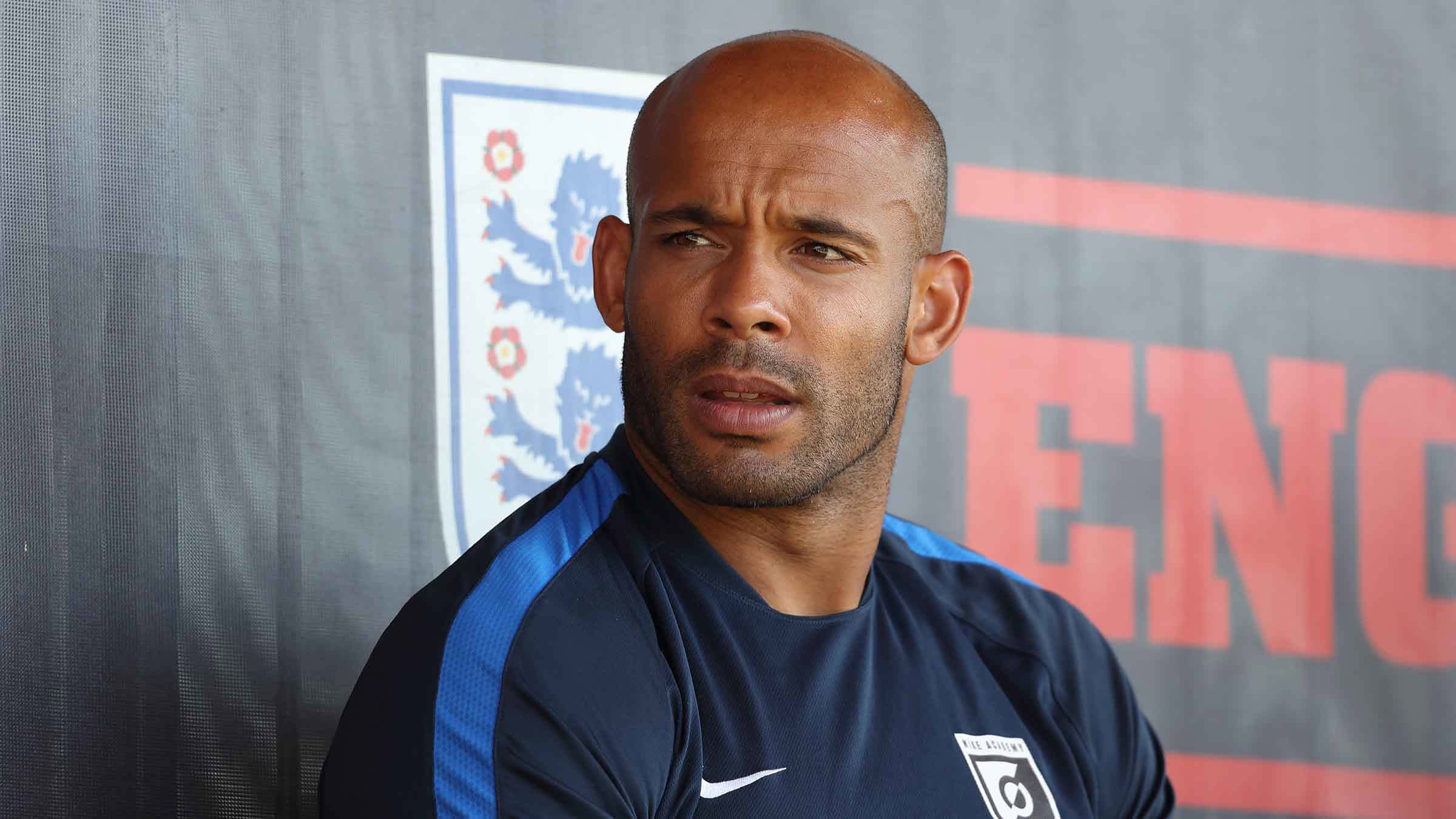
What did you do to stay in football?
I took my coaching badges, A Licence outfield and A Licence goalkeeping, I’ve done a managerial diploma, and I was constantly upskilling and even though I’ve come out of coaching, they’ve all helped me with what I want to do in football. As a pundit, my coaching badges still help, because they taught me how to communicate and put things across in a certain way, as well as creating contacts and connections.
How do you pass on your experiences to today’s young players?
When I speak to the young boys now, I always tell them to start planning what they’re going to do once football is over when they’re 20 or 21. I didn’t really start thinking about it until I had that last injury. I tell them that they’ve got to make their money work for them, and not live like they’re going to be on these wages until their 60, because they’re not. They’ve got to plan and live within their means, because if they get an injury or a loss of form, things can stop just like that. Even if you retire at 35, you’re still a young man with a long life ahead, so it’s better to start thinking about it when you’re younger.
Do you still follow Wolves?
Even if I’m not covering the games, I always look for Wolves’ results and I love it. Nothing beats playing, and when you’re fit, playing is the best, but if you can get paid to watch a game of football, go down to Sky and get paid to sit there and watch Wolves, and get food and drink, then it’s brilliant – especially when they win and they beat Chelsea and beat Sheffield United. I love it.
If you could play now, would you?
I’m 100 per cent positive that I wouldn’t have had the injuries I did if I was playing today. With the way sports science has moved on, they would manage me now a lot better than they did when I was 16. I was being treated like a man at 16, but I hadn’t even had a shave – my voice hadn’t broken until I was 15. I was still growing and I shouldn’t have been doing the things I did, but it was always, ‘Work hard. Man up’. They didn’t manage my maturation, but that was just the way it was back then. I used to do 14 days straight, without a day off, because I was training and travelling with the first-team, then straight back to train with the youth team and play for the reserves, do all the shooting drills, and nobody managed my load like they would now.
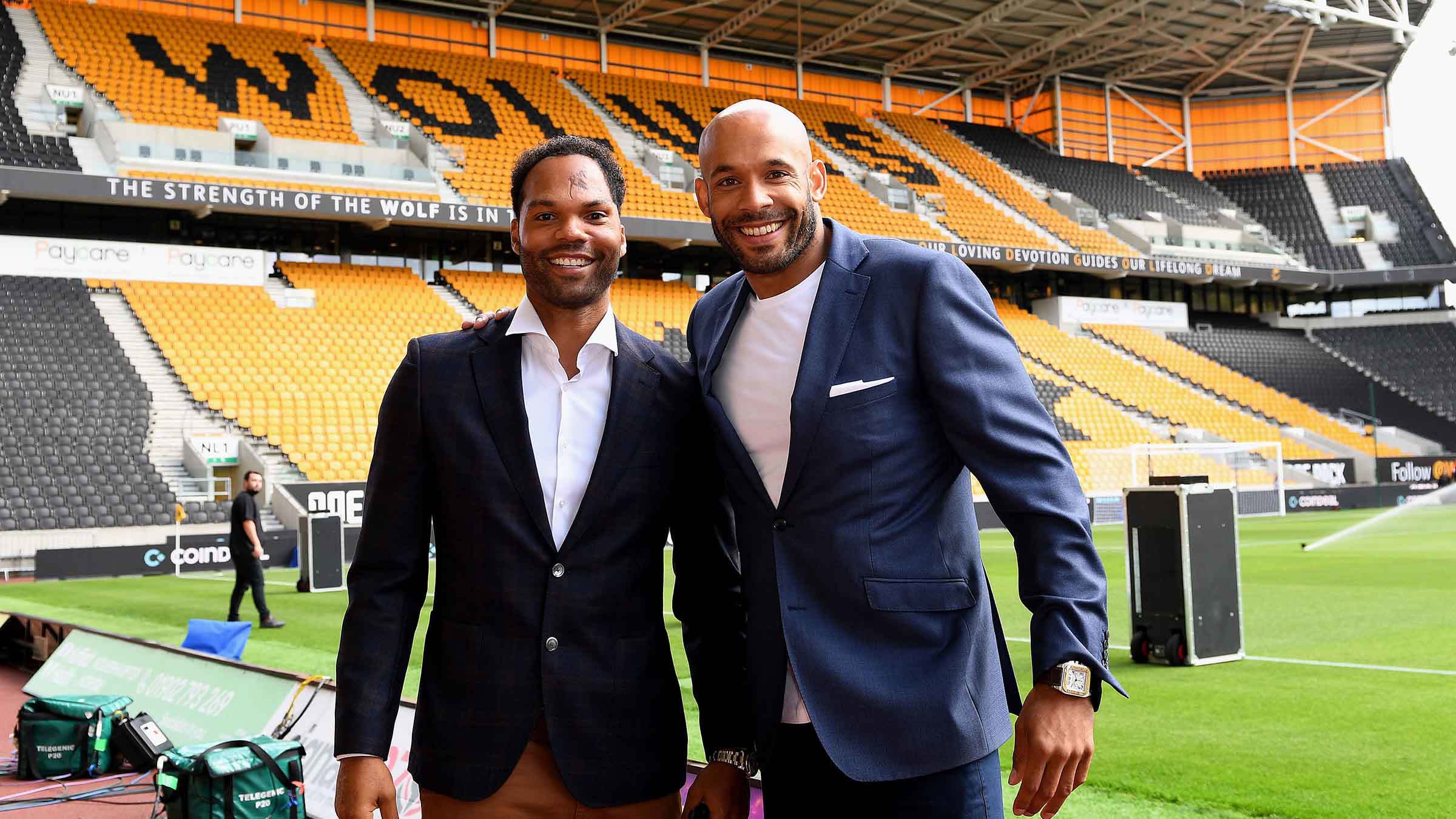
How do you hope you’re remembered at Wolves?
I have a lot of love for the club, especially coming through as a youngster, I was privileged and proud to wear the shirt and I was part of the team who went to the Premier League for the first ever time. People will look back at that squad and remember the great times and the great day we gave them, but they will always – like I do – remember my career as ‘What if?’ That’s the biggest regret for me. But I know the fans feel that pain and disappointment for me, so considering I only played 100 games for the club, the fans always show me a lot of love, which I’m really grateful for.
This article originally featured in Wolves' official 2023/24 matchday programme. Last season's programmes are still available to purchase online through retailers Curtis Sports.










